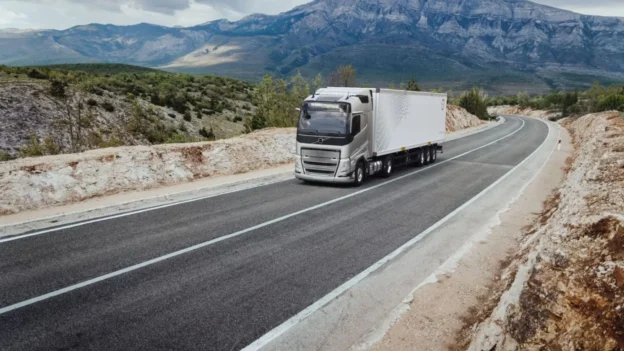Volvo Trucks is on the rise in sales of its gas-powered trucks. In 2024, deliveries grew by 25%, driven by the global need to reduce carbon emissions in the logistics sector. With more than 8,000 units sold to date, these vehicles are being adopted in countries such as Spain, the UK, Norway, Sweden and the Netherlands.
The rise of Volvo’s gas-powered trucks
The main advantages of the vehicles is their ability to operate on both liquefied natural gas(LNG) and renewable biogas. renewable biogas(Bio-LNG). This biogas allows up to 100% CO₂ reduction “from well to wheel” by harnessing organic waste, while LNG on the market can reduce emissions by up to 20% versus diesel trucks.
This breakthrough is part of Volvo Trucks’ strategy to achieve net zero emissions by 2040, focusing on three fronts: battery electric engines, fuel cells and renewable fuels in combustion engines.
The FM, FH and FH Aero integrate the G13 LNG engine, derived from the D13 Euro 6 diesel engine, with power outputs of up to 500 hp and 2500 Nm of torque. By implementing their 225 kg gas tanks, they can travel up to 1000 kilometers, maintaining load standards of up to 60 tons.
The vehicles integrate HPDI (high-pressure direct injection) technology supplied by Cespira, which improves fuel efficiency. In addition, by using HVO as the ignition agent, complete CO₂ neutrality can be achieved if combined with biogas.
According to Jan Hjelmgren, director of Product Management at Volvo Trucks, many companies are replacing their diesel fleets with gas-powered models to achieve immediate benefits. This change allows a decrease in carbon footprint, and improves total cost of ownership without compromising productivity or performance.
With a constantly growing network of gas stations and public policies that favor the use of renewable fuels, gas trucks are consolidating as a realistic and scalable solution for the decarbonization of freight transportation.
Source and photo: Volvo Trucks

